How do I get rid of my newly seeded Bermuda grass lawn
jpoblete77
15 years ago
Related Stories

EDIBLE GARDENSNatural Ways to Get Rid of Weeds in Your Garden
Use these techniques to help prevent the spread of weeds and to learn about your soil
Full Story
GARDENING GUIDESHow to Plant a New Lawn From Seed
Choose from more grass varieties and save money over sod by starting your lawn from seed
Full Story
LANDSCAPE DESIGNGet Along With Less Lawn — Ideas to Save Water and Effort
Ditch the mower and lower your water bill while creating a feast for the eyes with diverse plantings and gathering places
Full Story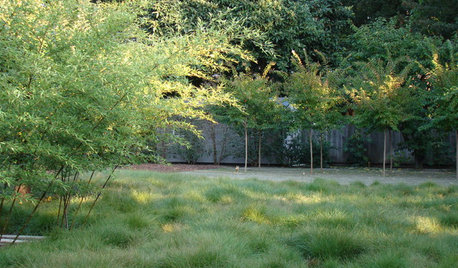
LANDSCAPE DESIGNA Guide to the Grasses Available for Nontraditional Lawns
New grass mixes are formulated to require less water and less fertilizer
Full Story
GARDENING GUIDES5 Great Grasses for a New Lawn
Learn about maintenance, wear tolerance, ideal climate and more for these top turf choices to pick the right one for you
Full Story
GARDENING GUIDESGet Year-Round Good Looks With Matrix Planting in Your Garden
Any garden — from 100 square feet to 10,000 square feet — can apply this low-maintenance, sustainable design method
Full Story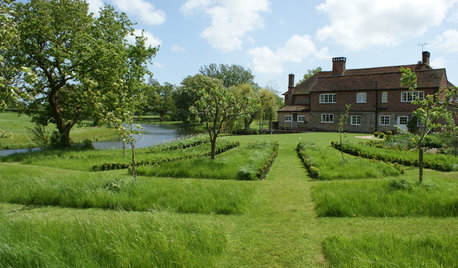
GRASSESHow to Rock a Lawn
Weekend Project: The key to healthy grass begins with the soil. If turf works for you, here’s how to fix it and keep it looking its best
Full Story
LANDSCAPE DESIGN7 Low-Maintenance Lawn Alternatives
Turf isn't the only ground cover in town. Get a lush no-grass lawn with clover, moss and other easy-care plants
Full Story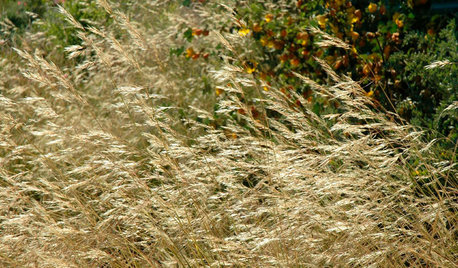
GARDENING GUIDESGreat Design Plant: Purple Needle Grass, California’s State Grass
The long-lived, drought-tolerant Stipa pulchra is as admired for its benefits as for its good looks
Full Story
EARTH DAYThe Case for Losing the Traditional Lawn
Work less, help the environment and foster connections by just saying no to typical turf
Full StoryMore Discussions






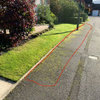
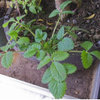
hortster
Kimmsr
Related Professionals
Simpsonville Landscape Architects & Landscape Designers · Windham Landscape Architects & Landscape Designers · Danbury Landscape Architects & Landscape Designers · Bellflower Landscape Architects & Landscape Designers · Cary Landscape Architects & Landscape Designers · Eden Prairie Landscape Architects & Landscape Designers · Essex Landscape Architects & Landscape Designers · Hartford Landscape Contractors · Salem Landscape Contractors · Clayton Landscape Contractors · Fort Wayne Landscape Contractors · Hoffman Estates Landscape Contractors · Lemay Landscape Contractors · Thornton Landscape Contractors · Maplewood Landscape Contractorsjpoblete77Original Author
hortster
padlnjones
JAYK